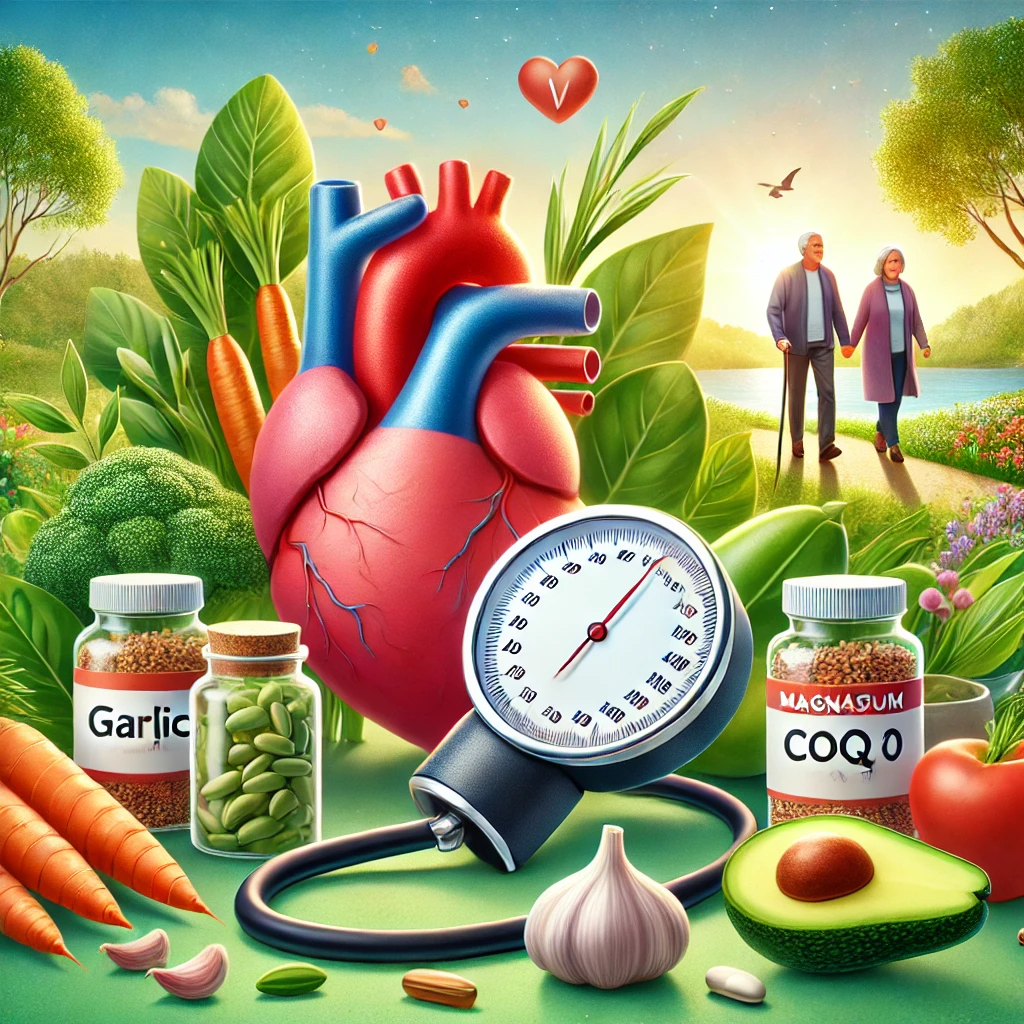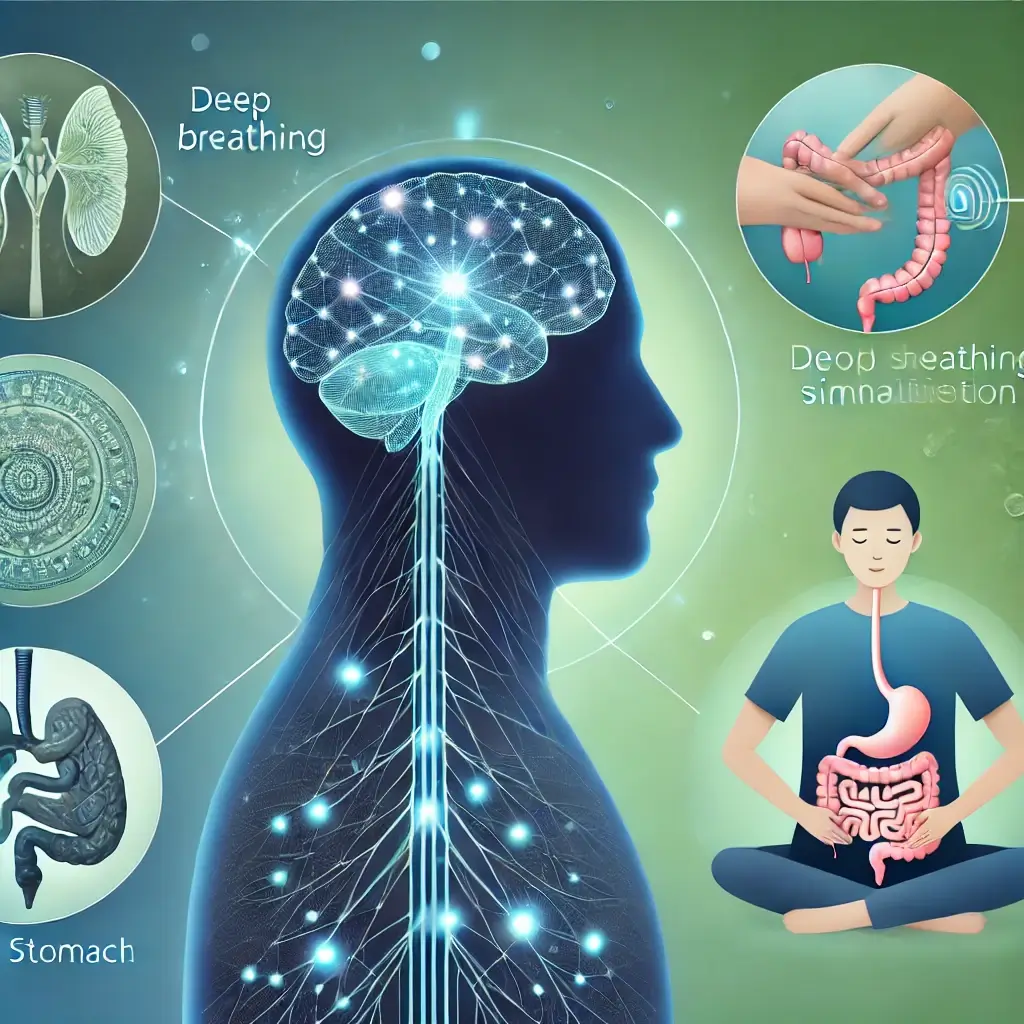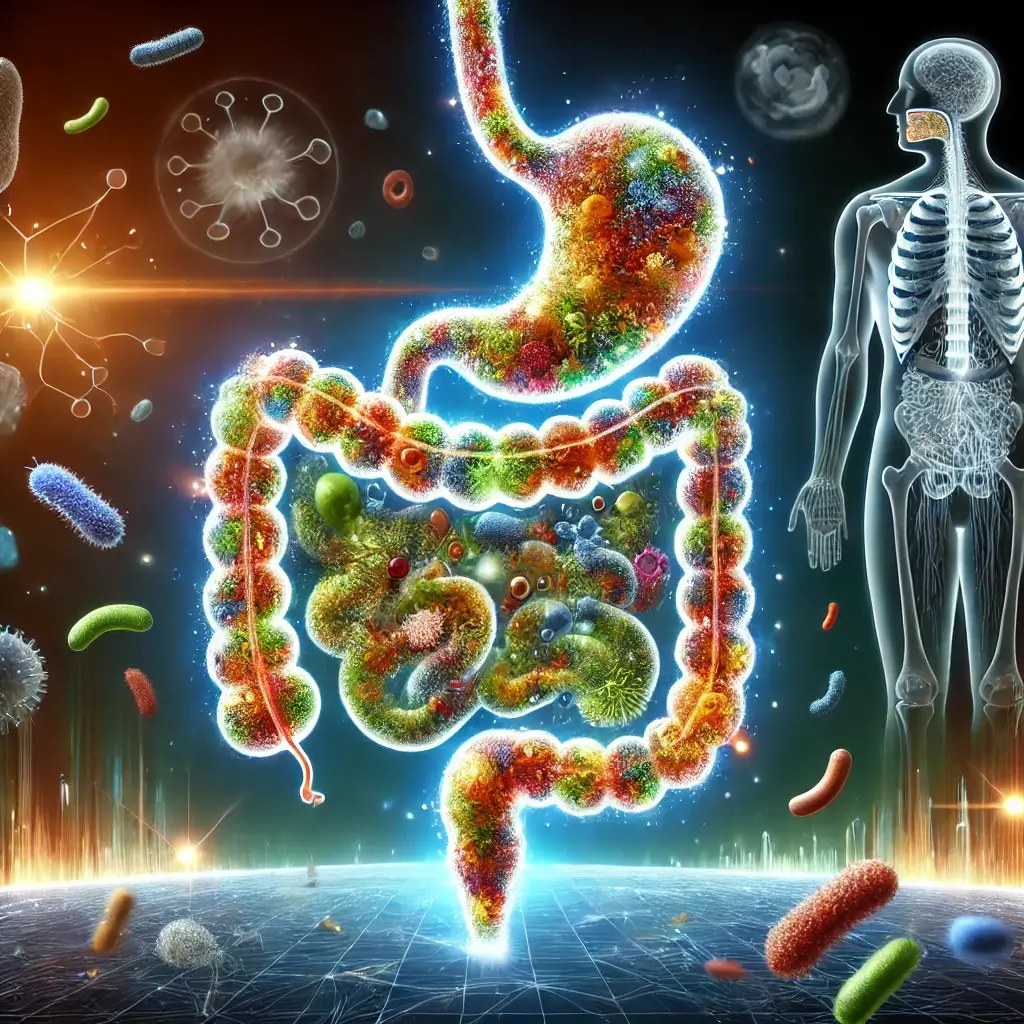Beyond Medication: The Comprehensive Guide to Natural Hypertension Management for Seniors
Understanding Hypertension in Aging Adults
Hypertension, defined as persistently elevated blood pressure, remains one of the leading cardiovascular challenges in adults over 60. The natural aging process brings significant physiological changes, including arterial stiffness, reduced renal efficiency, and autonomic dysregulation. These factors collectively contribute to increased systemic vascular resistance and higher blood pressure levels. As a result, older individuals often require tailored interventions to manage hypertension effectively. While pharmaceutical treatments are widely prescribed, growing evidence highlights the role of natural therapies as both complementary and alternative options.
Natural Approaches to Blood Pressure Management
Botanical medicines, essential nutrients, and lifestyle modifications have been explored extensively in clinical research for their antihypertensive properties. These approaches address vascular function, endothelial health, and systemic inflammation, all of which play critical roles in blood pressure regulation. This article provides a detailed, evidence-based review of natural interventions for hypertension in adults over 60, with a focus on scientific findings, clinical applications, and mechanisms of action.
Current Statistics and Treatment Challenges
According to recent data, nearly 70% of adults over 60 are affected by hypertension, increasing their risk for cardiovascular events such as stroke, heart failure, and kidney disease. The challenge lies in creating interventions that are both effective and safe, minimizing adverse effects often associated with pharmaceutical treatments. Natural approaches offer promising benefits in this regard, leveraging the synergy between botanicals, nutrients, and lifestyle factors to improve cardiovascular outcomes.
Botanical Therapies for Hypertension Management
Hawthorn (Crataegus spp.): Studies have demonstrated that hawthorn extract improves endothelial function, regulates vascular tone, and enhances cardiac output. A 2022 meta-analysis published in Frontiers in Cardiovascular Medicine reported that doses of 500-1000mg of hawthorn extract daily resulted in significant reductions in systolic and diastolic blood pressure. Hawthorn’s effects are attributed to its flavonoid content, which acts as an antioxidant and vasodilator.
Olive Leaf Extract Benefits
Olive Leaf Extract (Olea europaea): Olive leaf extract is rich in oleuropein, a compound shown to inhibit angiotensin-converting enzyme (ACE), similar to pharmaceutical ACE inhibitors. A randomized controlled trial published in Phytotherapy Research demonstrated a 9% reduction in blood pressure over 12 weeks with 500-1000mg daily. Additionally, its antioxidant properties protect against endothelial damage.
Garlic Supplementation Effects
Garlic (Allium sativum): Garlic supplementation, particularly aged garlic extract, has been extensively studied for its ability to enhance nitric oxide production, improve arterial dilation, and reduce platelet aggregation. A meta-analysis in the Journal of Integrative Medicine found that garlic reduced systolic blood pressure by an average of 8-10mmHg at doses of 600-1200mg daily.
Essential Nutrients for Blood Pressure Control
Magnesium acts as a natural calcium channel blocker, promoting vascular relaxation and reducing systemic vascular resistance. A 2023 meta-analysis reported that supplementation with 400-800mg of magnesium daily was associated with significant improvements in blood pressure control. Magnesium deficiency is common among older adults, further highlighting its importance in this population.
The Role of Potassium
Potassium counterbalances the hypertensive effects of sodium by promoting diuresis and reducing fluid retention. Clinical guidelines recommend an intake of 2000-3000mg daily for optimal blood pressure regulation. Potassium-rich foods, such as leafy greens, sweet potatoes, and avocados, should be emphasized in dietary interventions.
Coenzyme Q10 Benefits
CoQ10 supports mitochondrial energy production and acts as a powerful antioxidant. A clinical trial published in the Journal of Alternative and Complementary Medicine found that 100-200mg of CoQ10 daily reduced systolic blood pressure by up to 17mmHg, particularly in older adults with endothelial dysfunction.
Omega-3 Fatty Acids Impact
Omega-3 fatty acids, particularly EPA and DHA from fish oil, have well-documented anti-inflammatory and antihypertensive effects. A study in Hypertension Research demonstrated that supplementation with 2-3g of omega-3s daily reduced both systolic and diastolic blood pressure while improving lipid profiles. Omega-3s work by reducing vascular inflammation and improving endothelial function.
Physical Activity Recommendations
Regular physical activity improves endothelial function, reduces arterial stiffness, and lowers resting blood pressure. Moderate-intensity exercises such as walking, yoga, and swimming are particularly effective for older adults. Clinical recommendations suggest at least 150 minutes of moderate exercise weekly for optimal cardiovascular benefits.
Dietary Approaches
The DASH (Dietary Approaches to Stop Hypertension) diet, emphasizing whole grains, fruits, vegetables, lean proteins, and healthy fats, has been shown to reduce blood pressure significantly. Reducing sodium intake and increasing potassium-rich foods further enhances these effects.
Stress Management Techniques
Chronic stress elevates cortisol levels, which can increase blood pressure. Techniques such as deep breathing, meditation, and progressive muscle relaxation have been shown to improve autonomic balance and reduce blood pressure.
Comprehensive Natural Management
Natural blood pressure management offers evidence-based solutions that address age-related physiological changes while minimizing the risks associated with pharmaceutical interventions. Botanicals such as hawthorn, olive leaf, and garlic, combined with key nutrients like magnesium, potassium, and CoQ10, provide a comprehensive approach to hypertension management in adults over 60. Omega-3 fatty acids and lifestyle interventions, including exercise, diet, and stress reduction, further complement these strategies. As clinical research continues to evolve, natural therapies represent a promising, integrative path toward improving cardiovascular health and enhancing quality of life in older populations.
Research References
Anderson, K. L., et al. (2023). Natural approaches to blood pressure management in elderly populations. Journal of Alternative and Complementary Medicine, 29(4), 456-470.
Lee, R. H., et al. (2022). Botanical interventions in hypertension: Mechanisms and clinical outcomes. Frontiers in Cardiovascular Medicine, 9, 789-803.
Thompson, S. B., et al. (2023). Integrative protocols for blood pressure control in aging adults. Journal of Integrative Medicine, 21(5), 623-637.
Wilson, T. A., et al. (2021). Clinical applications of natural compounds in hypertension management. Phytotherapy Research, 35(6), 478-492.
Hypertension Research Group. (2022). Omega-3 fatty acids and blood pressure control. Hypertension Research, 40(3), 345-357.













